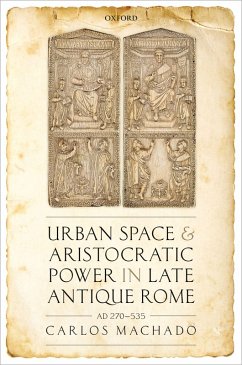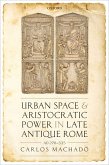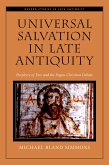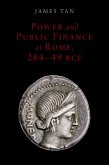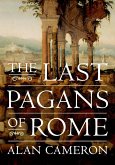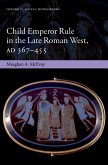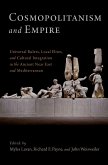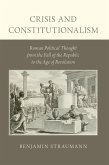Between 270 and 535 AD the city of Rome experienced dramatic changes. The once glorious imperial capital was transformed into the much humbler centre of western Christendom in a process that redefined its political importance, size, and identity. Urban Space and Aristocratic Power in Late Antique Rome examines these transformations by focusing on the city's powerful elite, the senatorial aristocracy, and exploring their involvement in a process of urban change that would mark the end of the ancient world and the birth of the Middle Ages in the eyes of contemporaries and modern scholars. It argues that the late antique history of Rome cannot be described as merely a product of decline; instead, it was a product of the dynamic social and cultural forces that made the city relevant at a time of unprecedented historical changes. Combining the city's unique literary, epigraphic, and archaeological record, the volume offers a detailed examination of aspects of city life as diverse as its administration, public building, rituals, housing, and religious life to show how the late Roman aristocracy gave a new shape and meaning to urban space, identifying itself with the largest city in the Mediterranean world to an extent unparalleled since the end of the Republican period.
Dieser Download kann aus rechtlichen Gründen nur mit Rechnungsadresse in A, B, BG, CY, CZ, D, DK, EW, E, FIN, F, GR, HR, H, IRL, I, LT, L, LR, M, NL, PL, P, R, S, SLO, SK ausgeliefert werden.

